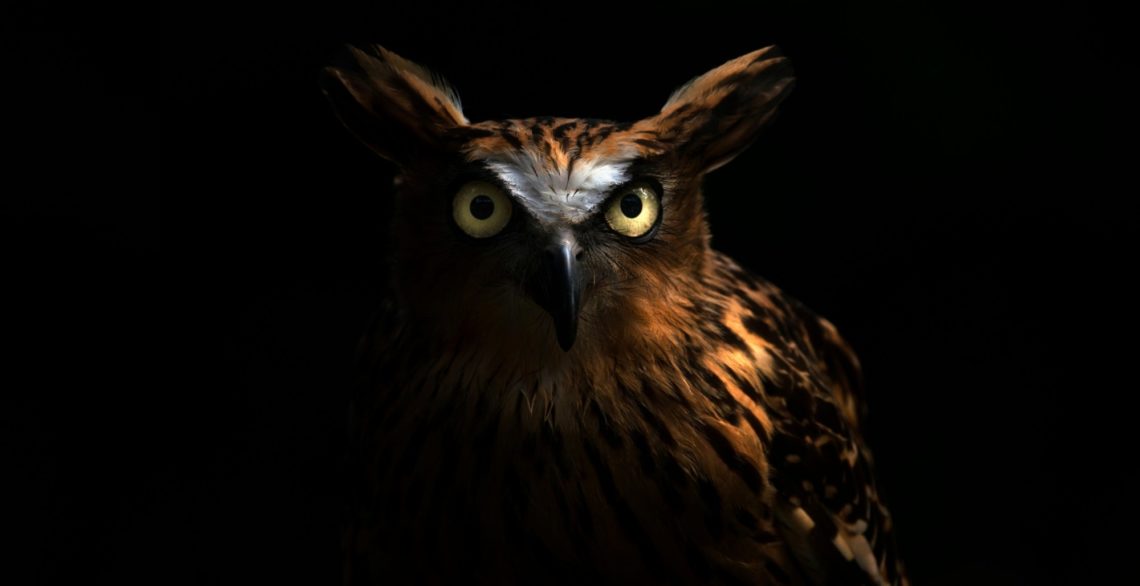Would you consider yourself a night owl or an early bird? Apparently, one is considered “cognitively superior” to the other.
While they might seem like lighthearted titles, “night owl” and “early bird” represent different sleeping patterns and preferences. One prefers staying awake late into the night, feeling most energized after sunset, while the other enjoys an early bedtime and rising with the sun. In other words, it all comes down to chronotypes.
What Is a Chronotype?
According to UCLA Health, “Chronotype is your body’s natural preference to sleep and wake at certain times of the day. It’s closely related to circadian rhythm, which is the 24-hour internal clock that regulates a wide range of body processes, such as sleep, digestion, and hormone release.”
An individual’s chronotype depends on a variety of factors, including age, genetics, social factors, light exposure, and lifestyle choices, UCLA Health reports. While you might not be able to change or even fully accommodate your individual chronotype, you can influence and better appeal to it, especially through external factors.
“The same way the heart has a pacemaker, the sleep process has a pacemaker—your sleep rhythm,” Dr. Ana C. Krieger, director of the Center for Sleep Medicine at NewYork-Presbyterian/Weill Cornell Medical Center and Weill Cornell Medicine, said in HealthMatters. “Being aware of your chronotype is one key to optimizing sleep and a healthier lifestyle. It’s important to understand your sleep cycle preference so you can adjust your activities to better match your chronotype and improve your sleep.”
What Is a Night Owl?
A night owl is exactly as it sounds: a person who energetically thrives at night. These individuals prefer late nights over early mornings, and they typically sleep much later (if life allows, of course) than early birds.
What Is an Early Bird?
An early bird is the opposite of a night owl: a person who energetically thrives in the morning. These are the people who leap out of bed and dance around the kitchen while drinking their coffee, inspired by the sunrise.
Which Chronotype Is Superior?
Given the above definitions of night owl and early bird, I’m pretty sure I’m neither. In fact, I’d say I’m more of a…late morning girl? Or perhaps I’m the happy-hour type. You know, the kind that enjoys a nice 4 p.m.-7 p.m. hangout.
Anyway.
According to recent research, night owls are actually “cognitively superior” to early birds. As the researchers put it, “Morning types consistently showed the lowest cognitive scores in both cohorts, with scores improving for intermediate types and reaching higher levels for evening types.”
Of course, this doesn’t mean one chronotype is actually better than the other. What’s most important is learning to respect and honor your personal chronotype. For example, no matter how hard you might try to be a late-night, life-of-the-party person, if you’re actually an early bird, you’ll likely pay the price of a disrupted sleep schedule. And if you’re a night owl forced to wake up for work at 6 a.m., my condolences are with you.
The post Night Owls vs Early Birds: This One Is ‘Cognitively Superior’ appeared first on VICE.




